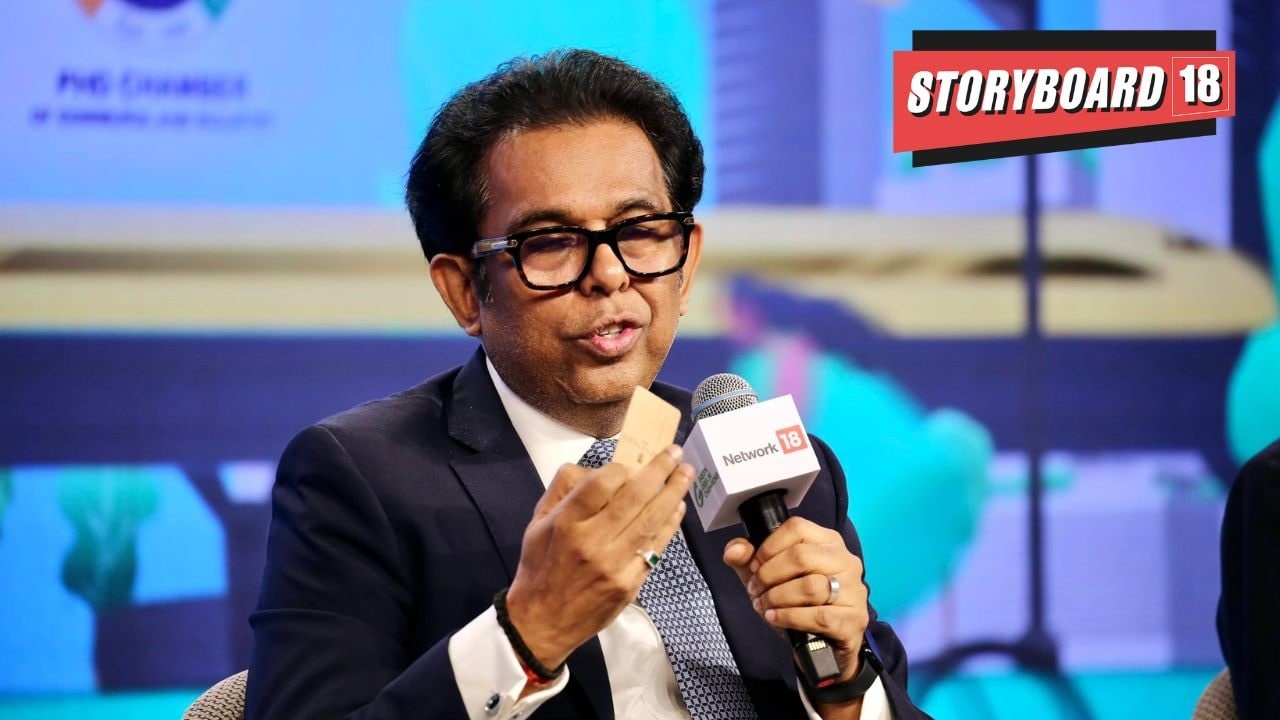As online platforms become the go-to choice for consumers, multiple types of malpractices have also become prominent on these platforms. To address this rampant issue, the Department of Consumer Affairs (DoCA), along with the Advertising Standards Council of India (ASCI), recently hosted an interactive consultation with stakeholders on “Dark Patterns” in Mumbai. The session was chaired by Rohit Kumar Singh, Secretary of the Department of Consumer Affairs.
Dark patterns encompass a wide range of manipulative practices such as drip pricing, disguised advertising, bait and click, choice manipulation, false urgency, and privacy concerns. This could mean that consumers are being forced to buy products online, their personal data being taken without consent, or even users being shamed for not purchasing a subscription, etc.
On the sidelines of the event, Storyboard18 caught up with Rohit Kumar Singh, Secretary of the Department of Consumer Affairs, to understand what the government is doing to create awareness about dark patterns, the consumer complaint registration and redressal process, and taking action on misleading adverts, especially by influencers. Read on.
How are you simplifying the process of filing consumer complaints?
We receive around 1 lakh consumer complaints every month, which has doubled from last year. We are also going to incorporate conversational AI to further address these complaints. There is an integrated WhatsApp bot that can easily help consumers register their complaints online. So, we are definitely improving the interface to make filing a complaint easier.”
Which brand categories continue to receive the maximum number of consumer complaints?
E-commerce followed by online gaming.
How are you ensuring that consumer complaints are effectively addressed?
The government does not directly resolve complaints. We monitor the resolution process because it is an issue between the buyer and the seller. We have 700 companies that are convergence partners in our helpline. For example, if a complaint pertains to any of those companies, we are hardwired to those companies, and the complaint is immediately transferred. We create a docket number and monitor the resolution.
We are also in the process of introducing an online dispute resolution (ODR) software and platform. So, once a consumer files a complaint and it doesn’t get resolved, the online portal, which is eDaakhil, automatically directs them to file a court case. Now we are suggesting that, instead of going straight to court, let there be mediation, which is dispute resolution, and that can be done online. This would also reduce unnecessary case load on the consumer court.
The time taken to resolve a complaint also depends on the kind of product/service in question.
When you say we don’t wish to come down with an “iron hand” on influencers, what does it mean?
Influencers are largely young people, and influencer marketing is their livelihood. We don’t wish to become an impediment to their business but rather nudge them in the right direction. We don’t tell them to stop, but to continue influencing in the right way. The objective is to first educate, tell them what the problem is, ask them to self-regulate, and if that doesn’t work, then and only then, we take action. We want to convey to them that if they play by the rules, we are their friends.
When can we expect health/wellness and finance-influencers related guidelines?
It is currently being worked upon. We are an umbrella organization, and SEBI has already done some work. We are working closely with them to frame guidelines for finance influencers. Regarding health, we have conducted consultations with the Ministry of Health and Family Welfare, Ministry of Ayush, and other ministries. We will soon release a special set of guidelines for health and wellness influencers as well.
Are you also taking action against fake online reviews?
We have established a BIS standard for online reviews and have instructed online sites to adhere to that standard.
Is there any interesting trend that you are actively monitoring?
There is a new term called “greenwashing” that many companies are engaging in. We should all be aware of this. Just because a product comes in a recycled box does not necessarily mean it is environmentally friendly.
